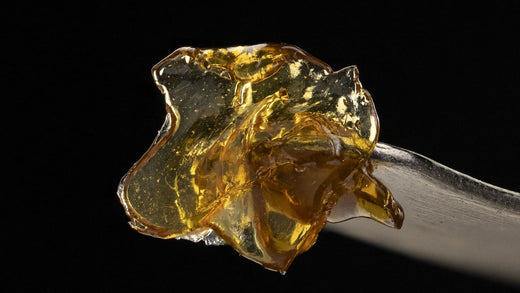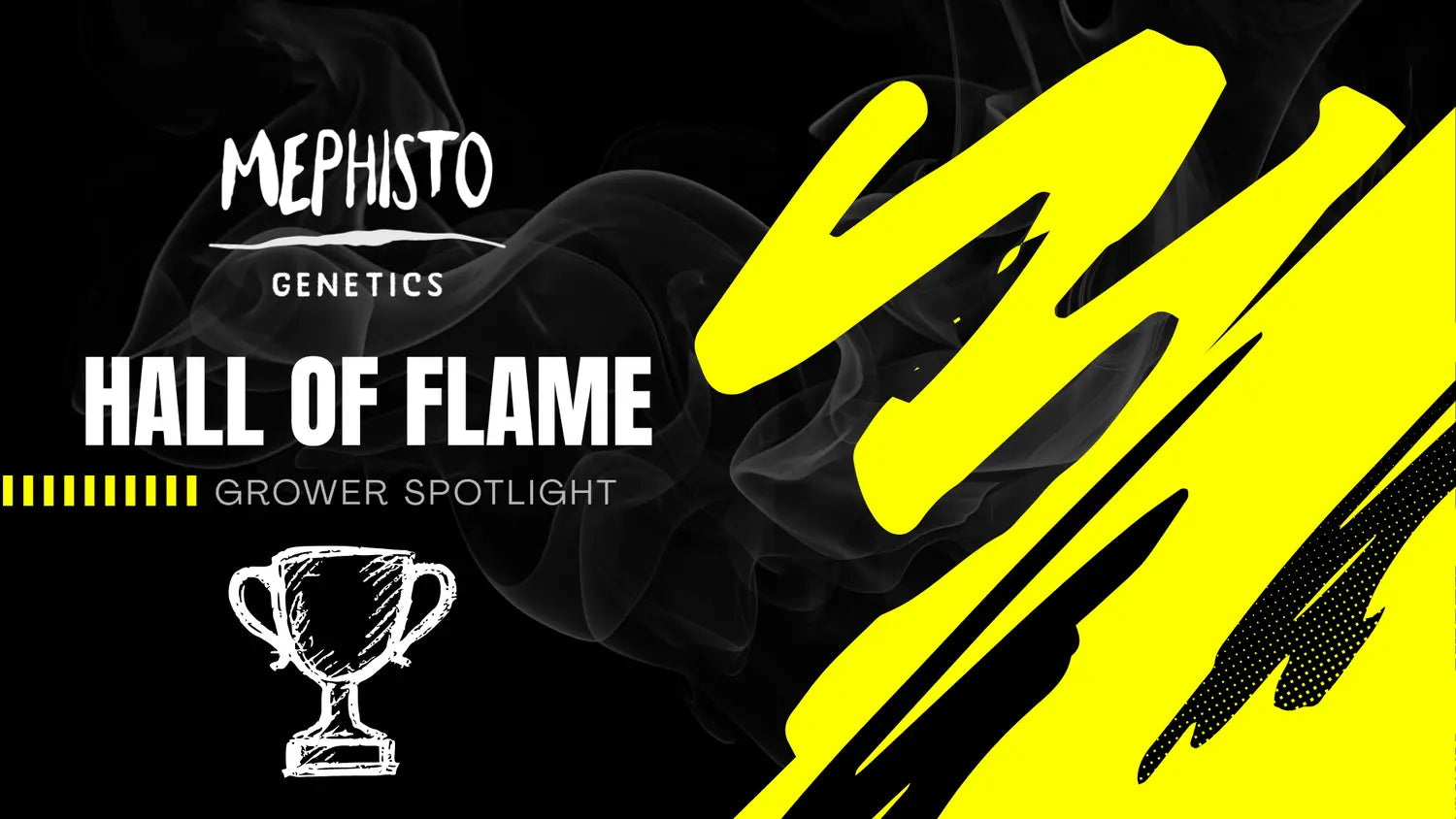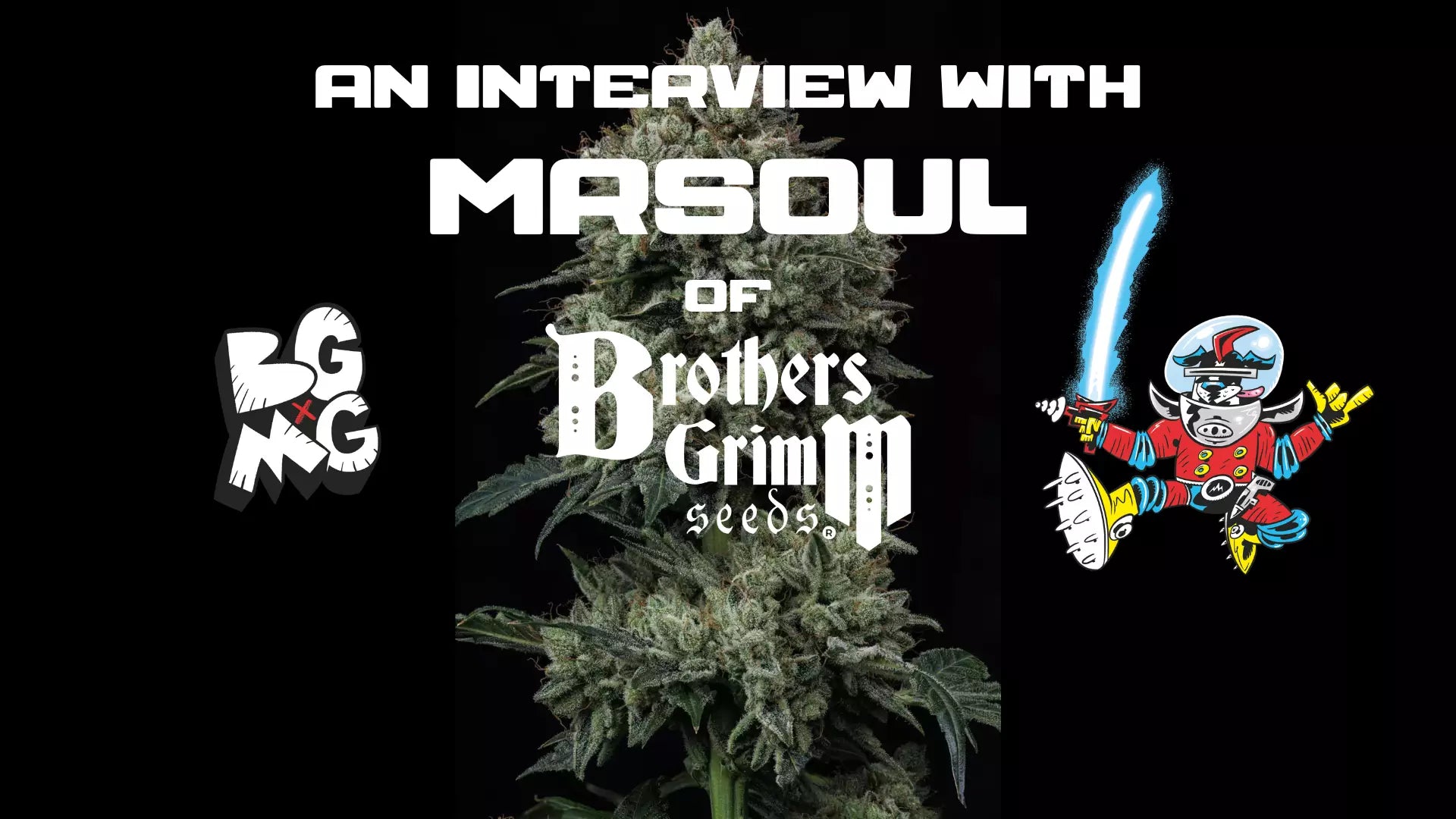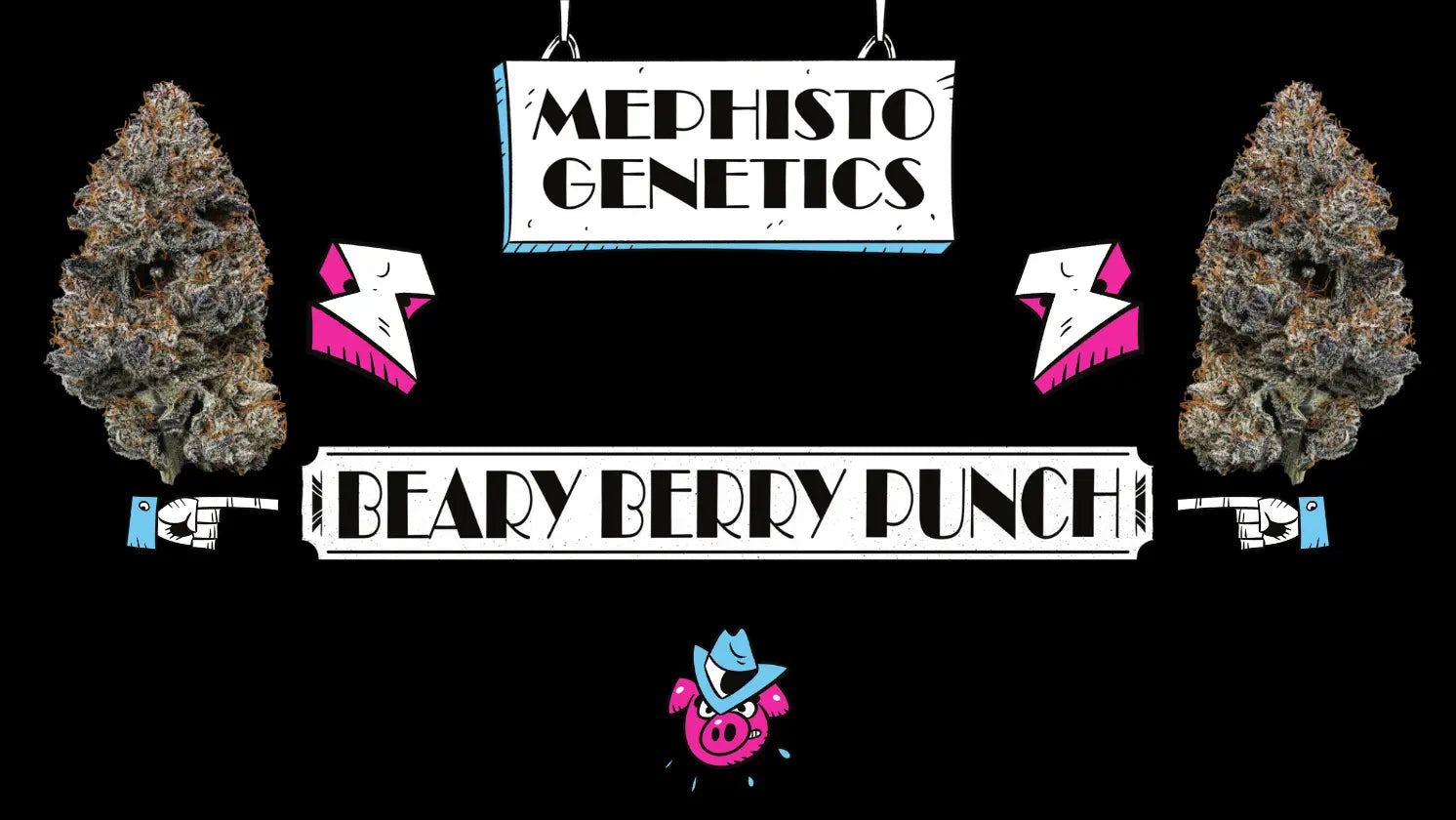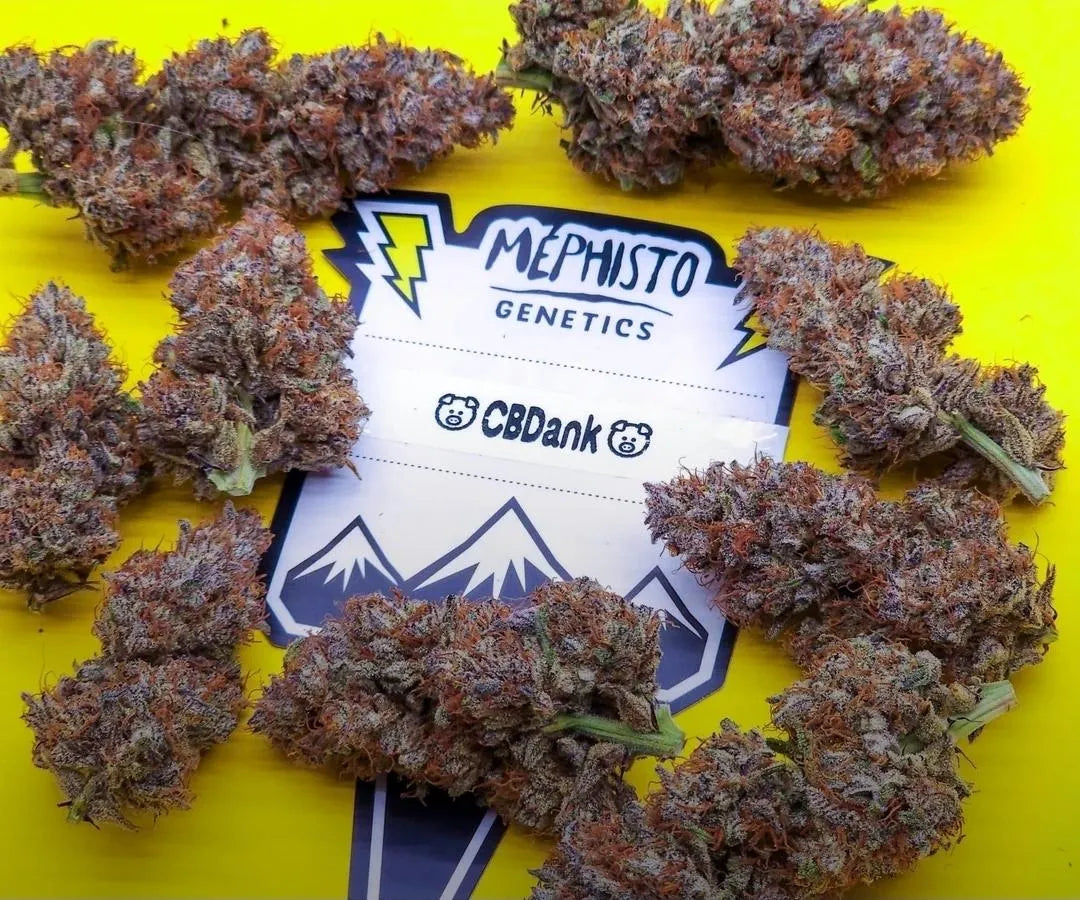Meph-Heads, today we are going to cover a topic that is very near and dear to my heart: Flower Rosin. If you’ve been around the community, you know that we love us some cannabis concentrates. Let’s talk about arguably the most influential concentrate of all, Rosin. This concentrate holds a special place in the hearts of autoflower growers, and for good reason. In this article, we are going to talk about what rosin is and where the technique was born from. We will also cover the advantages of using autoflowers to make rosin and then go over the equipment and techniques required to make this wonderful concentrate in the comfort of your homes.

What is Flower Rosin?
Flower rosin is a form of solventless extraction that involves the mechanical separation of the biomedical compounds inside of trichomes from the plant material itself by the use of a combination of heat and pressure. Up to 30% of other plant species contain trichomes, though not all of them share the same features and functions that cannabis trichomes do. In cannabis, trichomes are integral in helping plants defend themselves against a host of pesky problems. Cannabis contains both glandular and non-glandular types of trichomes, with the glandular versions (ie bulbous trichomes, captivate-sessile trichomes, and capitate-stalked trichomes) being known to produce hundreds of different metabolites. Of course, the ones we all know the best are cannabinoids like THC, CBD and all of their lovely derivatives. But trichomes also produce scent and flavor-making compounds like terpenes, flavonoids, esthers, thiols, VSCs, and alcohols. All of these compounds together produce the oily secretions that fill the insides of trichomes. When we make rosin, we are essentially using heat and pressure to squeeze out all of that good stuff so that we can collect it and enjoy it independently of the vegetative material those trichomes grew on.
A Brief History of Rosin
The origins of rosin can be attributed to the finding and sharing of two primary individuals, both legacy members of the online cannabis community. The first individual, Chadwick Basstardo (AKA Comphashon), is credited with bringing his ideas of using heat and pressure to produce an oily secretion from his hash to an ICMag forum in February of 2006. This new tech floated around the forums for a bit, but never truly gained traction. The second and arguably most influential champion of the rosin revolution is Phil Salazar (AKA Soilgrown or Soilgrown Sal) who in very early 2015 while doing similar experiments as Chadwick with his own hash, decided to apply the same technique of adding heat and pressure to cannabis flowers. To his findings, the results proved to be successful and he was able to get the same oily secretions directly from the flower. On March 15th, 2015, Phil presented his findings to Marcus Richardson (AKA The BC Bubbleman) and his peers on an episode of his weekly panel on Hash Church. This slightly predates podcasts, but for those unfamiliar, Hash Church is one of the OG video style cannabis/hash roundtables. It’s arguably one of the most important historical catalogues of dialogue from some of the industry's brightest and most prominent forefathers. Phil’s findings demonstrated that with a few simple household items, anybody with a high-quality nug of cannabis flower could make a full melt “dabbable” solventless concentrate.

Industry Advancements
The momentum of the rosin movement through the existing cannabis and hash scene could be likened to a nuclear chain reaction. Before long, rosin went from a household tech that growers and dispensary frequenters alike were eager to experiment with to an actual SKU on dispensary shelves with entire industries born beneath it to provide businesses and home growers with tools to make rosin. Inventions such as dedicated rosin presses helped to drive the industry forward, with early models being fashioned from modified hat and shop presses with custom plate heaters and adjustable settings. With hydraulic and pneumatic presses dominating both the private and industrial rosin sectors today. Markets have seen a diabolical outpace in demand over the last few years alone, with rosin market share climbing every year. Advancements in hash and flower rosin quality has also hit staggering paces with Fresh Frozen Hash Rosin and the myriad of cure and manipulated styles (ie whipped, cold cured, etc…) taking top dollar at the dispensary as well as top dawg in the competitive circuit. This year, Masters of Rosin, Dabbadoo, and the Emerald Cup are among some of the highest-regarded events in the industry that are celebrating rosin through competition. Even the American Autoflower Cup has announced they will be seeing “Auto Rosin” in 2025’s event.
Advantages of Using Autoflowers to Make Flower Rosin
Speaking of Autoflowers and Rosin, let's talk about the crazy advantages autoflower growers have in being able to utilize this technique to make solventless concentrate at home with their homegrown harvests. That’s right, I’ll say it: Autoflowers are the best way home growers can get their very own rosin. I know all of the photoperiod growers out there would like a word, but let me get three points out.
- With Autoflowers you can go from a seed in your hand to a supply of freshly pressed flower rosin in well under 100 days. It would be impossible to achieve that result from a photoperiod seed as you would have to bring that plant through at least some vegetative cycle before flipping her to a bloom cycle where most varietals will require 8-10 weeks more to fully mature. Best case scenario, you flip a feminized photoperiod (that doesn’t require sexing) at week 2 from sprout. Even then, autoflowers have the advantage of…well…autoflowering. In some cases, such as with our beloved Sour Stomper (known to give great rosin yields), you can go from seed to harvest in 65 days and then make rosin the next week.
- Proven Genetics create consistent rosin. At Mephisto, we’ve always had an affinity for particularly frosty plants. Evidently these very frosty creations of ours are also best for making rosin due to their high capacity for metabolites. Many of our testers, myself included, are actively pulling rosin data from our harvests and using that information to create recommendations for you. Varietals like the aforementioned Sour Stomper as well as Mephisto’s Wedding, Pink Panama, Iced N Baked, Skywalker and Double Grape are among some that are particularly known for being great flower rosin candidates. As a consumer, your pathway to rosin requires fewer variables with autoflowers. You plant one of our seeds, grow it well, harvest it at peak maturity, and boom! You’ve got phenomenal starting material for flower rosin. There’s no need to cull through male plants, or switch cycles, cut clones, or any of that. It's a one-way street to Rosintown!
- It’s easier to store a seed than a clone. For home growers, indoor gardeners especially, space is always encroaching. It can take up a lot of time, energy and resources to maintain a library of mothers and clones. Typically, this is the workflow hash makers must endure to keep their prized photoperiod washers stored. Autoflowers cannot be cloned, and although this may be listed as a disadvantage, its actually easier to store known hash strains in seed form as opposed to having to keep them living and in a nursery. A caveat is that this is something feminized photoperiod growers also can do with their known hash-making strains.

Disadvantages of Using Autoflowers to Make Rosin
As advantageous as autoflowers can be for rosin-making enthusiasts, there are still some disadvantages. For one, you cannot clone or keep an exact replica of an autoflower. Like a fingerprint, plant chemotypes vary from seed to seed. Even our most stable breeding selections still will contain some minor variability, both in morphology but also in chemical composition. The only way to keep a replica of an identical profile is to clone it or micropropigate it through tissue culture. Our most stable rosin producers will all contain at least some variability in flavor and effect. Tying into this, it's going to be extremely difficult to scale autoflower rosin. Each plant, representing its own respective vintage, has a finite quantity. If you want to maintain a single source, the amount you press is all you are ever going to get. You can sort of mitigate this by pressing multiple autoflowers into a batch. However, this will not equate to the same product as if you were to run multiple of the same exact plant as that chemical profile will change.
Now that we have a solid understanding of what rosin is and how autoflower growers can benefit from this solventless hash making technique, in our next article we will discuss the equipment and tools required to make your very own rosin at home using your homegrown autoflowers.
Jimbo, signing out!
related blogs.
Check out these other blog articles.
